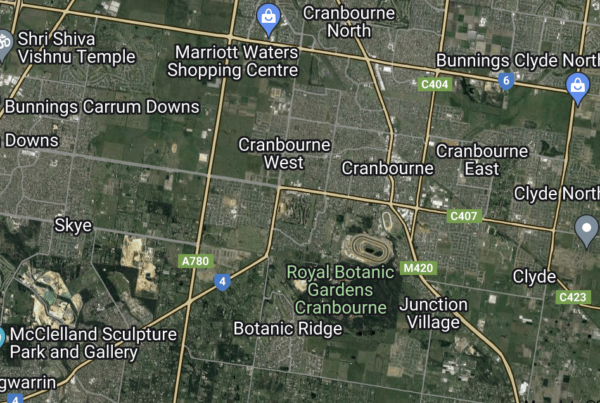
Men and Mental Health
Physical health is important to maintain, but mental health can be just as crucial. There is a “silent crisis” around the world, where men struggle with mental health but feel they can’t talk about it or get help. No matter how good things look on the outside, if you have something on the inside that doesn’t feel right, it’s time to check up on your mental health.
Why it Matters
Mental health issues are more common than you think. According to Beyond Blue, on average around one in eight men will experience depression, and one in five men experience anxiety at some point in their lives. There are many other mental health issues that affect men and can have serious consequences for their ability to work, be around other people, and live life to the fullest.
Many men try to bottle up issues, but attempting to tackle mental health issues alone makes it far more likely that issues will go unrecognised and without any treatment. Depression is a big risk factor for suicide, and men are far more likely to commit suicide – around six out of every eight deaths by suicide are men. The number of yearly suicides in Australia is almost double the number of people who die on the roads in a year.
Everyone’s mental health goes through changes from time to time. Mental health check-ups and maintenance can help your overall quality of life, help build you up to support others, and allows you to perform at your peak.
What to look out for
Men and women share many of the same mental health issues, but they often differ in how their symptoms show up and how willing they are to talk about what’s going on. For example, depression might feel like sadness, frustration, anger or feelings of hopelessness – or all of them, together or at different times. Many people turn to drugs or alcohol to help deal with their mental health issues. Symptoms can even show up as physical problems like headaches, a rapid heartbeat and/or tight chest, or even digestive issues.
Some signs to look out for include:
-
Not feeling yourself
-
Changes in mood, appetite or energy levels
-
Change in sleeping patterns – more or less than usual
-
Issues with concentration
-
Difficulties relaxing
-
Feeling flat, sad or hopeless
-
Increasing high-risk activities
-
Using substances more often
-
Unusual thinking or behaviour that interferes with everyday life, or worries other people
What to do about it
Bottling things up doesn’t help anyone – not you, and not the people around you. Recognising that there might be an issue and taking steps to fix it is the responsible thing to do. There are many things you can do to help get you back to yourself.
- Keep physically well. Looking after your body can help work out issues with your mind. A good place to start is by staying active, eating well and getting lots of good quality sleep. Just getting outside can make a difference in how you feel. You might not want to, but keep pushing through and doing things you usually enjoy, and you could find that you’ll begin to enjoy them again.
- Keep connected. You’re not alone if you feel lonely. Men struggle with loneliness more than women, and not just men who live by themselves. It’s easy to get into a pattern of working hard, with organising a catch up becoming too much trouble. However, including other people in your life is important to your mental health, and you might be doing them a favour as well. Try to catch up in person but even a quick message can help both of you feel more connected – and you never know who else might be going through a rough patch. Joining a local team or club can help get you around other people.
- Keep communicating. It can be very hard to talk about what’s going on inside your head, especially if you’re not used to putting feelings into words. But if you’re struggling with anxiety, depression, and suicidal thoughts or worry that something is not quite right with your mental health, keeping quiet does much more harm than good. You might want to talk to someone who knows you, like a family member, or you could talk to someone completely anonymously, by making a call to a group like Beyond Blue. Think about who you could talk to – opening up to friends, family, or a health professional can help put you on the road to recovery.
There are many paths you can take to good mental health, and many people who can make your journey easier. Your GP is a good place to start, and can make recommendations or refer you on to people who can help you get back to feeling yourself.
Do you or someone you know need help or support?
If this article has raised any concerns for you, or if you or someone you know needs help please call
Lifeline Australia on 13 11 14
Beyond Blue on 1300 22 4636
You may also want to book an appointment to seek advice from an independent GP who consults at HealthMint.
More posts on Men’s Health and Mental Health

Is Your Poo Normal? Decoding Health Through Colour
Want more information?
Call (03) 5611 3365 to speak to a friendly patient concierge
or book an appointment here

